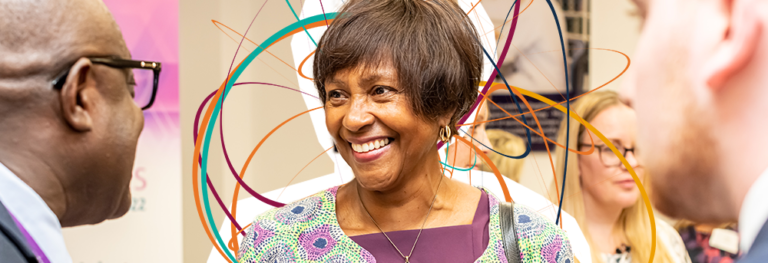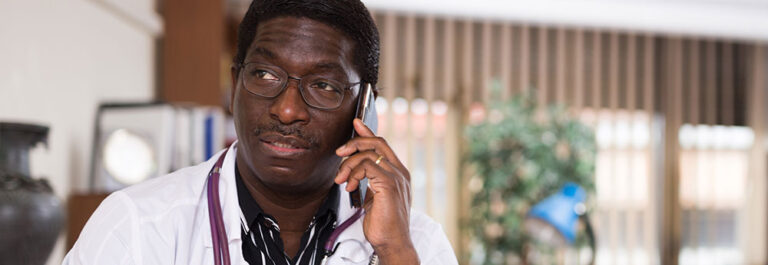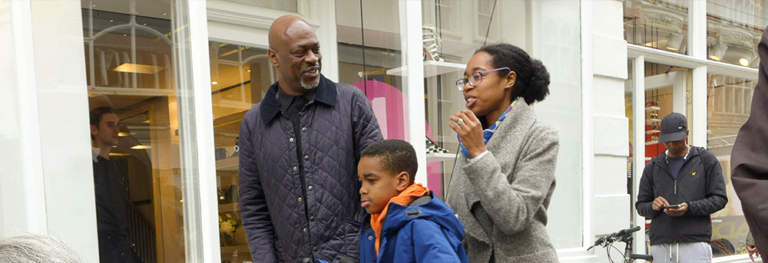Despite the multiplication of telemedicine applications and services and the appetite of investors for a potentially huge market, telehealth and remote consultations in Nigeria are in their infancy: a lot remains to be done to structure, popularise and effectively practice telemedicine.
COVID-19 has acted as an accelerator and many hospitals are in the process of setting up dedicated telemedicine units. But physicians and specialists did not wait. Since the beginning of the pandemic, many have taken on themselves to reach out to patients by phone, messages and -more rarely- video calls, often providing a lifeline to those affected by chronic diseases. However, healthcare professionals are keen to emphasize that not everything can be done remotely, and patients can miss important signs of complications.
During an event organised by Diabetes Africa, participants discussed telemedicine in Nigeria, its potential and its limitations when caring for people with diabetes. There is a case to better document and develop guidance for healthcare professionals, not all of whom are experts in diabetes. Or in telemedicine.




























